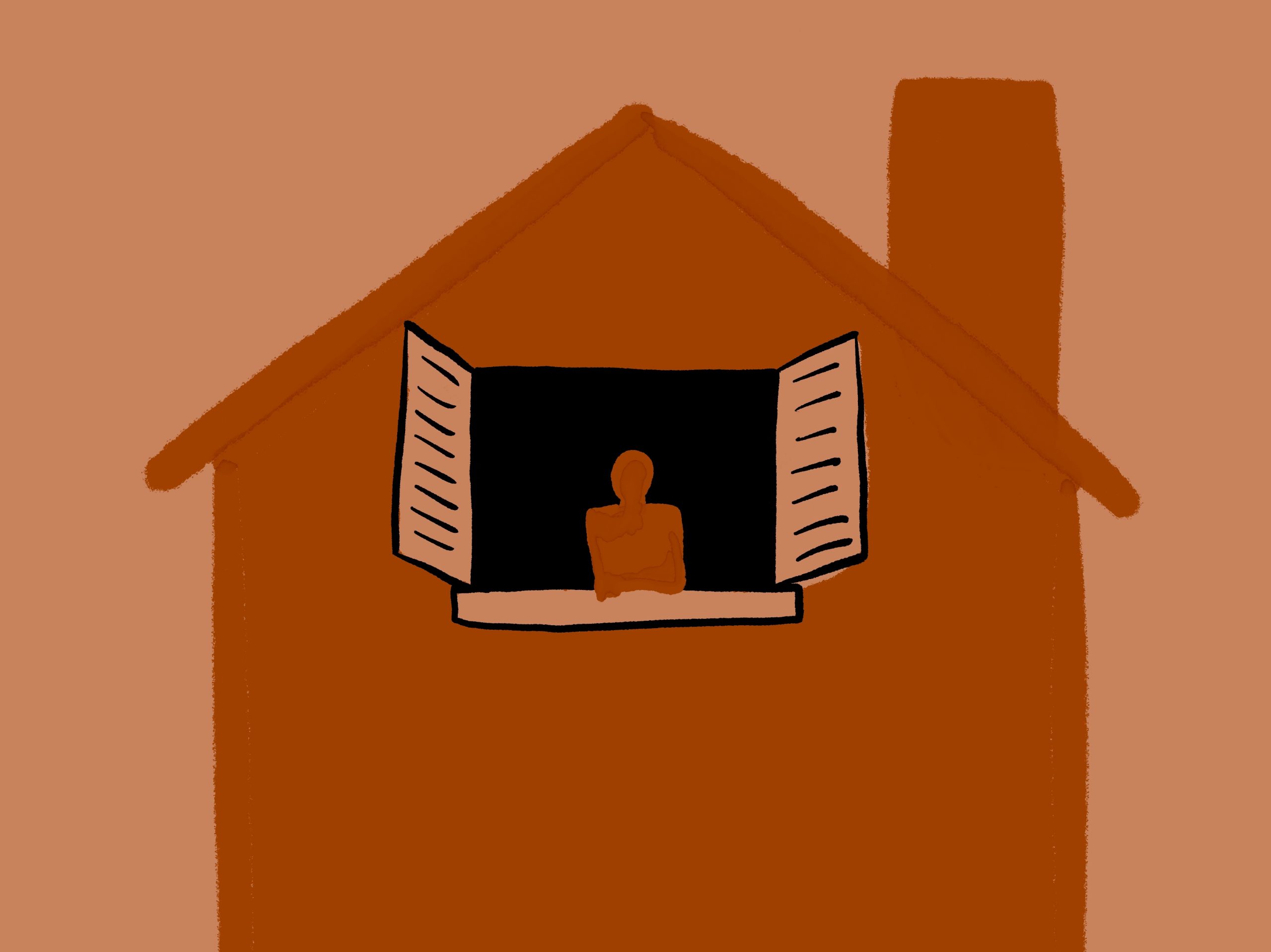On Nov. 29, 2021, Massachusetts Housing Court Judge Irene Bagdoian overturned a citywide eviction moratorium. Enacted in August as part of then-mayor Kim Janey’s Housing Stability Agenda and enforced by the Boston Public Health Commission, or the BPHC, this moratorium prevented homeowners and landlords from evicting tenants unless in cases of serious breaches of tenancy contracts. This measure was a direct response to the Supreme Court overturning the federal ban on evictions as well as the mounting threat of the COVID-19 Delta variant.
However, despite its good intentions, Judge Bagdoian found that the citywide moratorium was unlawfully enacted, stating in her decision, “This court perceives great mischief in allowing a municipality or one of its agencies to exceed its power, even for compelling reasons.” Essentially, by overriding state landlord-tenant law, the BPHC and Mayor Janey — who spearheaded the moratorium — overstepped their authority.
In response to the judge’s decision, on the day of the verdict, current Mayor Michelle Wu stated she was “deeply concerned about the impacts of today’s decision on struggling families.” Additionally, she announced her intention to keep the citywide ban on evictions in place.
The prospect of a revival of Boston’s eviction moratorium remains dim, however. Landlords, particularly small ones, have suffered economically from the now year-and-a-half prevention of evictions. For these landlords, the moratorium essentially meant tenants could take advantage of tenancy agreements. As a result, many small landlords faced economic insecurity and the prospect of houselessness from a lack of rent payments.

Additionally, the City’s breach of state law holds serious implications that prevent the possibility of it reoccurring. For example, Judge Bagdoian went so far as to state that this extension of power “should be unthinkable in a democratic system of governance.” The main reasoning for such a definitive criticism of the moratorium is the precedent it introduced: the City could have the power to manipulate any law to its benefit.
In the face of this direct opposition, it is unclear whether Wu can revive the moratorium in its entirety, especially if she relies solely on local authority.
Yet Judge Bagdoian’s ruling doesn’t mean the need for housing protection during the pandemic has disappeared. In reality, COVID-19 is still a threat to housing security.
According to medical experts, the newest COVID-19 variant, Omicron, is already in the United States. Complicating the situation further, experts are still unsure just how dangerous the variant is and whether vaccines will provide adequate protection against the new variant. Additionally, some experts fear Omicron may be the new Delta variant which, earlier this year, had disastrous effects on the United States and the world at large..
Boston has also been facing an ongoing housing crisis which means the threat of eviction continues to be pertinent. Massachusetts has some of the highests rent prices in the country and the lack of affordable housing has continued to be an issue since before the pandemic, state officials and experts said.
Boston’s housing crisis, combined with the looming threat of Omicron, means that many people will still need city protection from eviction. Ideally, the eviction moratorium would be reinstated, at least until the effects of the new variant become clearer. However, landlords cannot be expected to survive without rent payments forever and legal objections to the BPHC’s actions prove too strong to be re-surmounted.
So how can the City of Boston balance protecting its citizens’ housing security while also keeping the economy running?
Ultimately, officials’ approach must shift from putting a Band-Aid on issues such as the housing crisis that COVID-19 has revealed to directly addressing the root causes of these issues. Experts agree the pandemic will likely be a part of daily life for the foreseeable future, meaning officials should adapt their policies around the realities of COVID-19 rather than simply treating its symptoms time and time again.
Wu’s commitment to addressing the housing crisis provides some hope for more systemic change. In a June interview, she stated, “Our most urgent priority is to stem displacement and create more housing.” Accordingly, she has announced ambitious plans to institute rent control to prevent Boston residents from having to leave due to high rent prices.
If Wu can deliver on these promises, the ban on the eviction moratorium may not be the end of the City’s action on the housing crisis. Of course, the new mayor’s power is limited in its scope as Mayor Janey’s knuckle rap from Judge Bagdoian demonstrates. Mayor Wu will also be working against the clock as she must try to patch up the hole left by the dismantled eviction moratorium before Omicron potentially causes a new wave of lockdowns and economic instability.
Once again, COVID-19 has created a difficult choice for officials deciding between financial support for individuals and overall economic recovery. And though the demise of Boston’s eviction moratorium comes at an inopportune time — with Boston’s housing crisis and Omicron forming a twin-headed chimera threatening housing security — perhaps it will usher in a new era of reform. The end of policy Band-Aids for pandemic-related gunshot wounds can hopefully inspire direct solutions to the root causes of issues like the housing crisis that have plagued Boston all along.











































































































